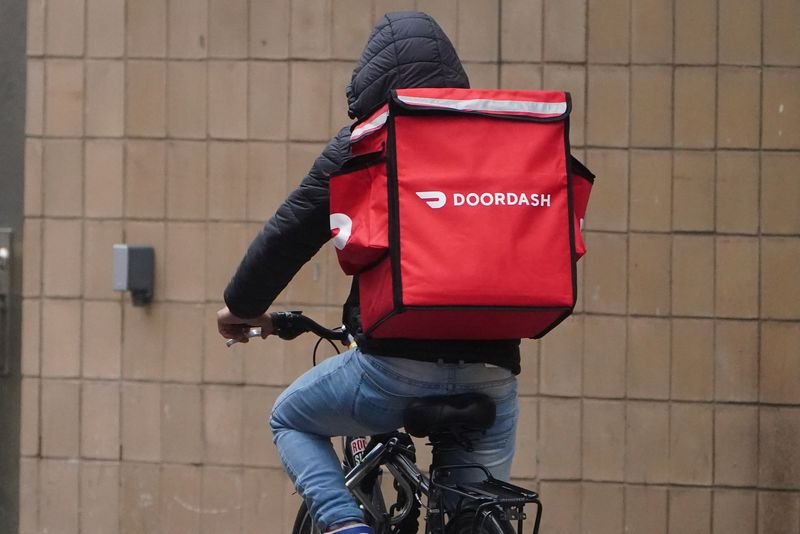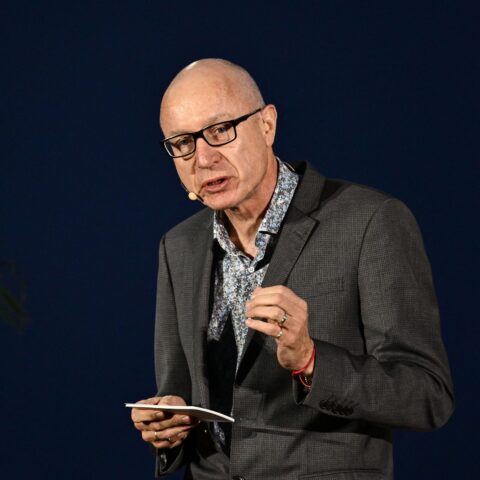Contents
UK self-driving startup Wayve has secured a massive $1.05 billion in Series C funding, marking a significant milestone for the company and the British AI scene. Led by SoftBank Group, the investment round stands as the largest ever for a UK-based AI company and ranks among the top 20 globally. Joining SoftBank were tech giants Nvidia and existing investor Microsoft, solidifying Wayve’s position as a major player in the race for autonomous driving technology.
Self-Driving Startup Wayve: From Cambridge Cobblestones to Global Ambitions
Founded in Cambridge in 2017, Wayve has taken a unique approach to self-driving car development. Unlike traditional methods that rely on pre-programmed rules, Wayve utilizes a self-learning “Embodied AI” system. This system, trained on real-world data, continuously learns and adapts to navigate the complexities of driving. Wayve’s journey began on the narrow streets of Cambridge with an electric Renault Twizy, a two-seater microcar. Since then, the company has expanded its training data by partnering with delivery companies like Ocado, a UK grocery giant that also invested $13.6 million in Wayve.
Beyond Tesla: Wayve’s Vision for a Diverse Fleet
While Wayve’s approach shares similarities with Tesla’s self-driving technology, there’s a key difference. Unlike Tesla, which relies solely on data collected from its own car sales, Wayve plans to offer its Embodied AI platform to various automakers. This strategy has the potential to accelerate Wayve’s development by providing access to a wider range of vehicles and driving scenarios, leading to a richer and more robust training dataset.
Embodied AI: More Than Just Self-Driving Cars
Wayve’s ambitions extend beyond self-driving cars. The company envisions its Embodied AI platform powering a wide range of robotics applications across various industries. By offering a hardware-agnostic and mapless solution, Wayve aims to provide robots with the ability to learn from human behavior in real-world environments, regardless of their specific function. Their research on “multimodal and generative models,” codenamed LINGO and GAIA, promises features like “language-responsive interfaces, personalized driving styles, and co-piloting.”
A Validation of Technology and a Boost for the UK
For UK Self-Driving Startup Wayve co-founder and CEO Alex Kendall, this funding round signifies a turning point. “We started the company to build an embodied AI,” he reflects. “The key moment has been the automotive industry’s shift towards equipping new cars with comprehensive camera systems, providing us with the data to fuel our platform.” He emphasizes that this investment validates Wayve’s technological approach and provides the resources to transition their technology into a marketable product.
The news of Wayve’s record-breaking funding has garnered significant attention in the UK. Prime Minister Rishi Sunak issued a statement acknowledging the company’s role in propelling the UK to the forefront of AI innovation. He highlighted Wayve’s achievement as a testament to the UK’s leadership in AI and a sign of the government’s plan for economic growth being successful.
Looking Ahead: A Future with Intelligent Machines
With this substantial funding, Wayve is poised to accelerate its development of self-driving technology and its broader vision for embodied AI. “Very soon you’ll be able to buy a new car with Wayve’s AI on it,” predicts Kendall. “This is just the beginning. We want to go beyond what AI is today, enabling a future where we can trust intelligent machines and delegate tasks to them, ultimately enhancing our lives.” Wayve’s success not only promises a revolution in mobility but also positions the UK as a key player in shaping the future of intelligent machines.
Read more: Saxo Bank Trading Volumes Reach $482.7 Billion in April








